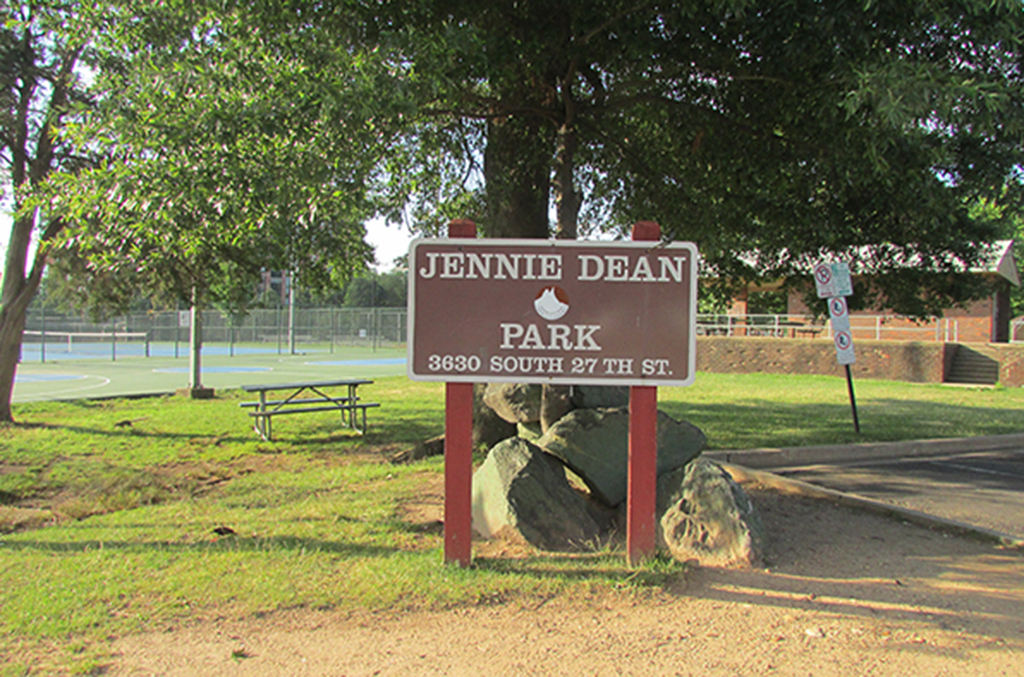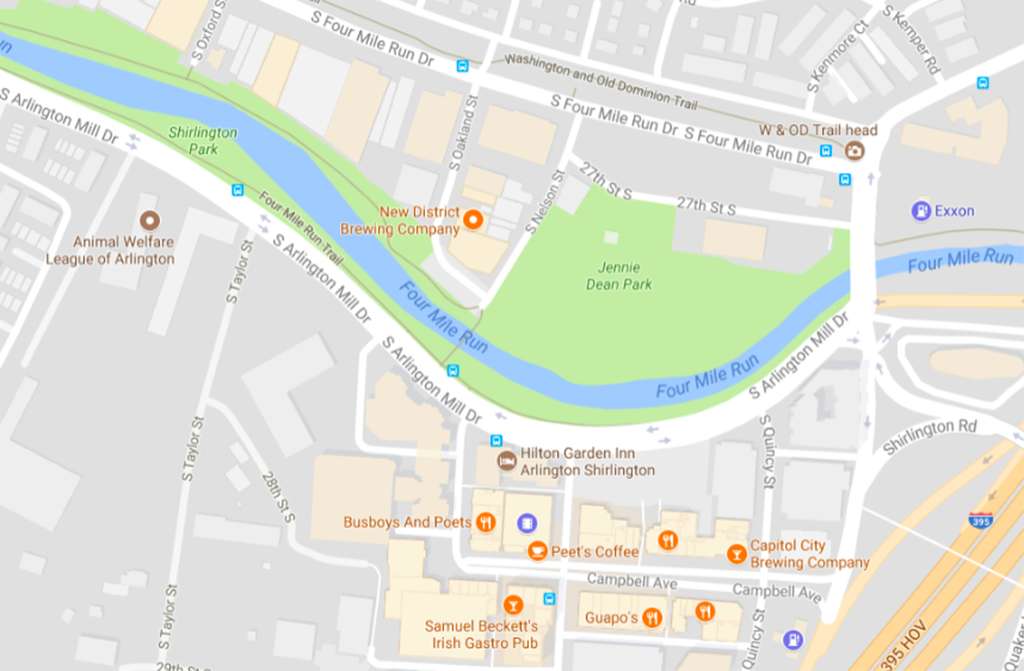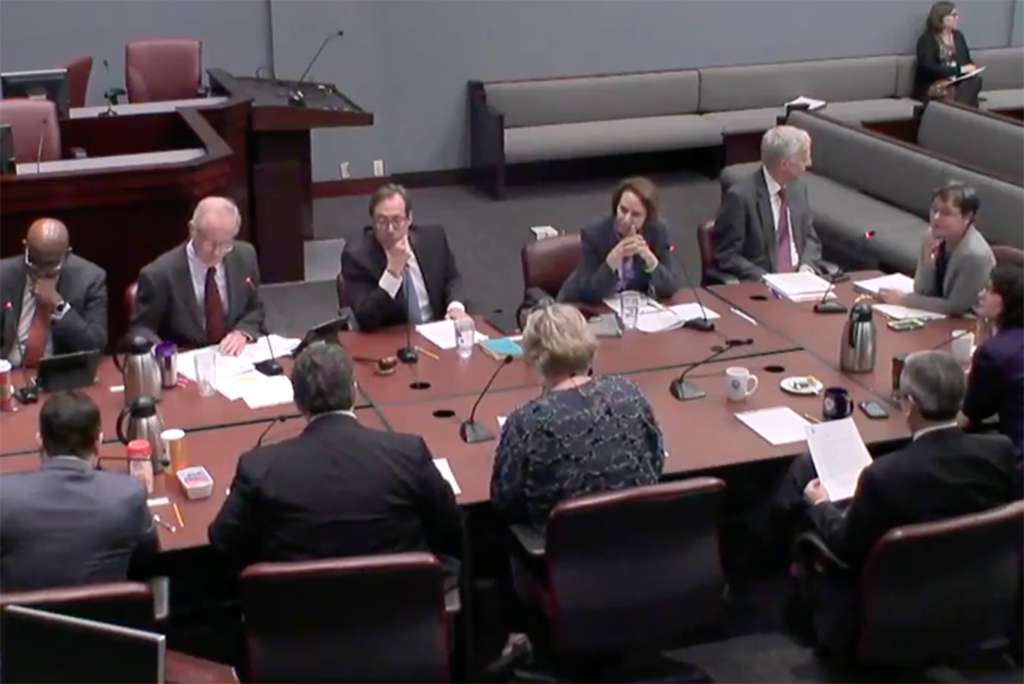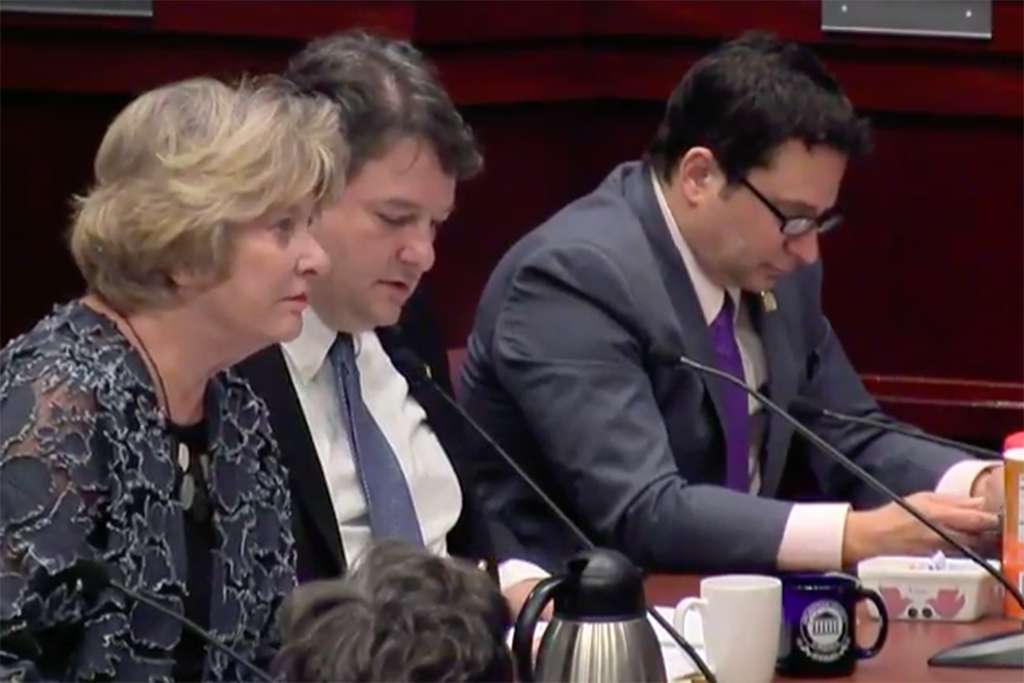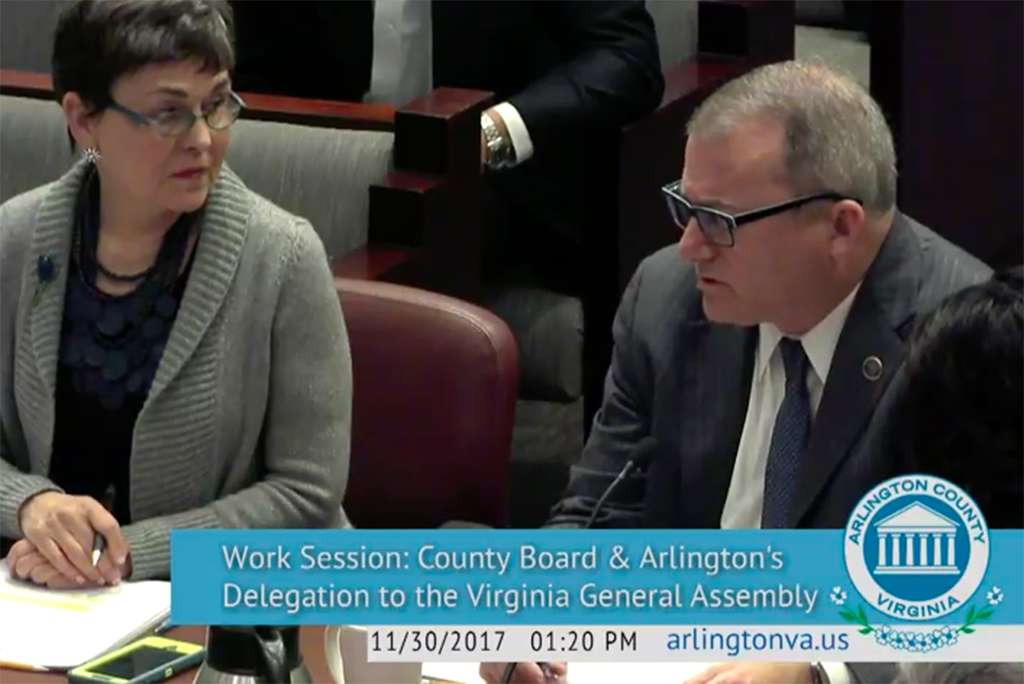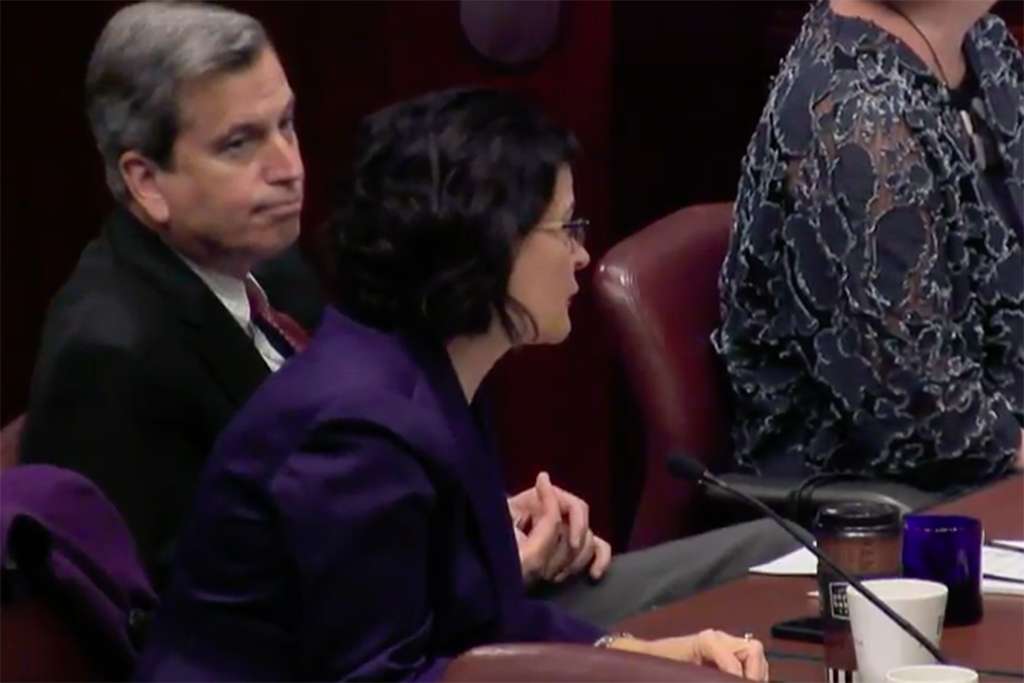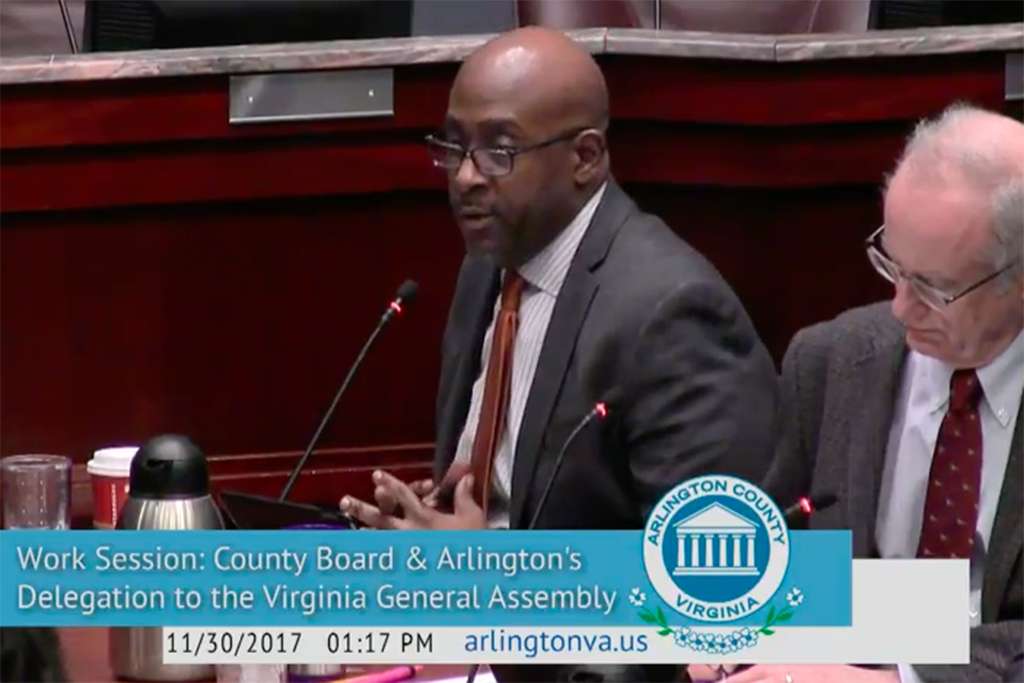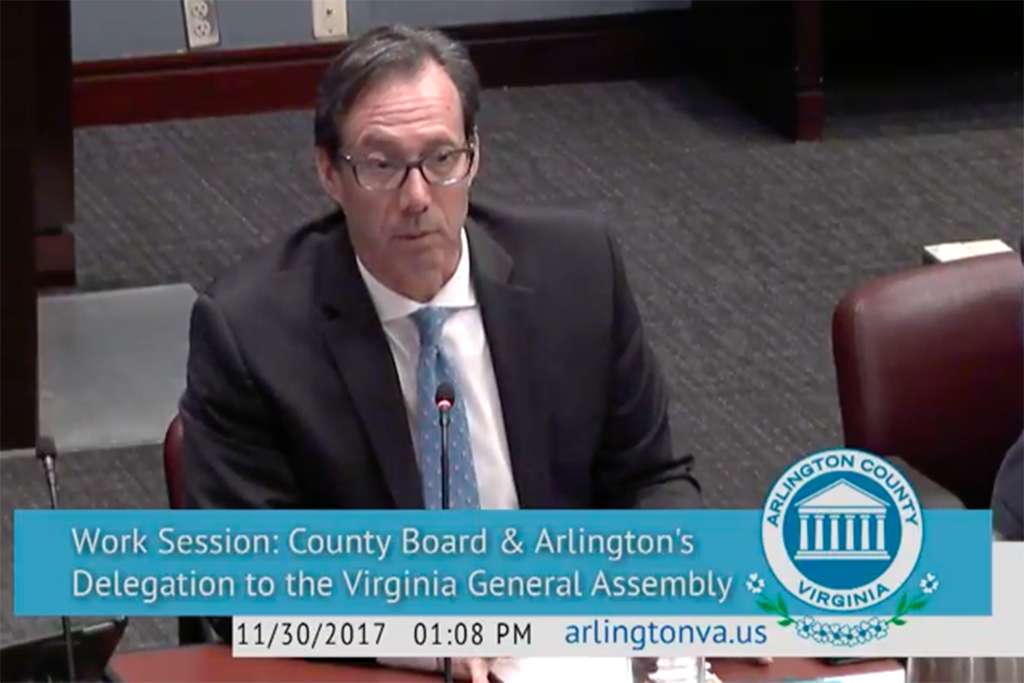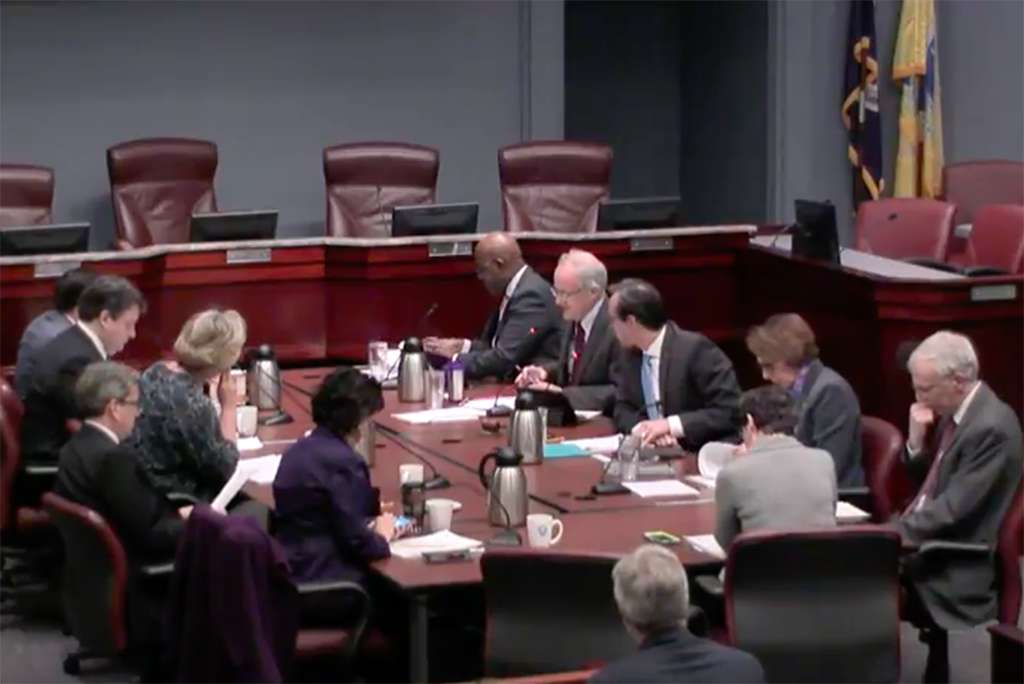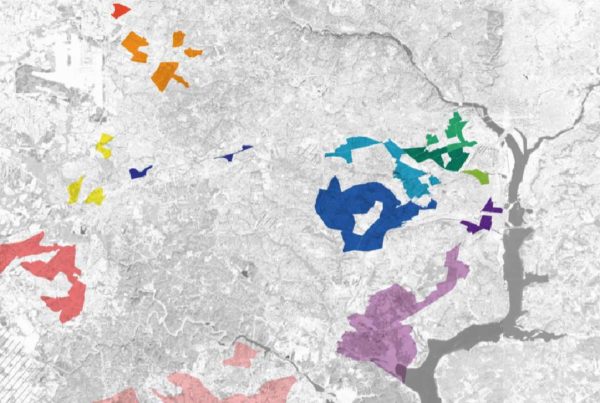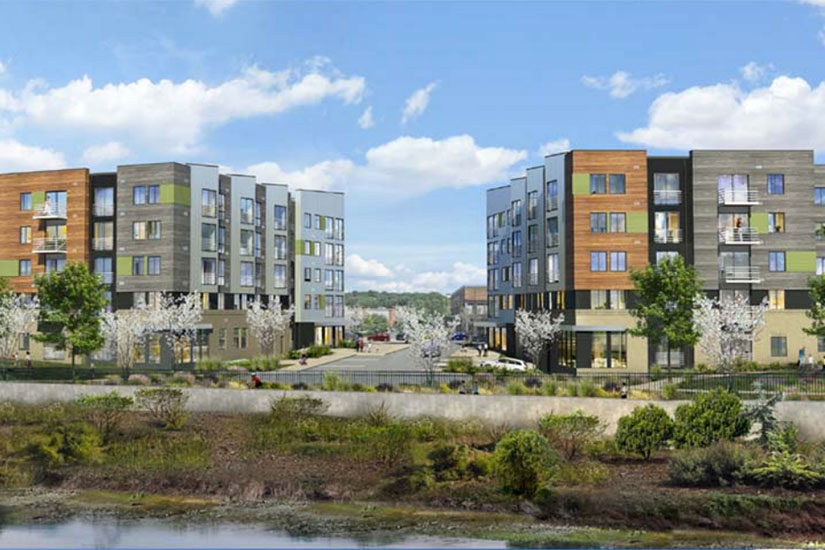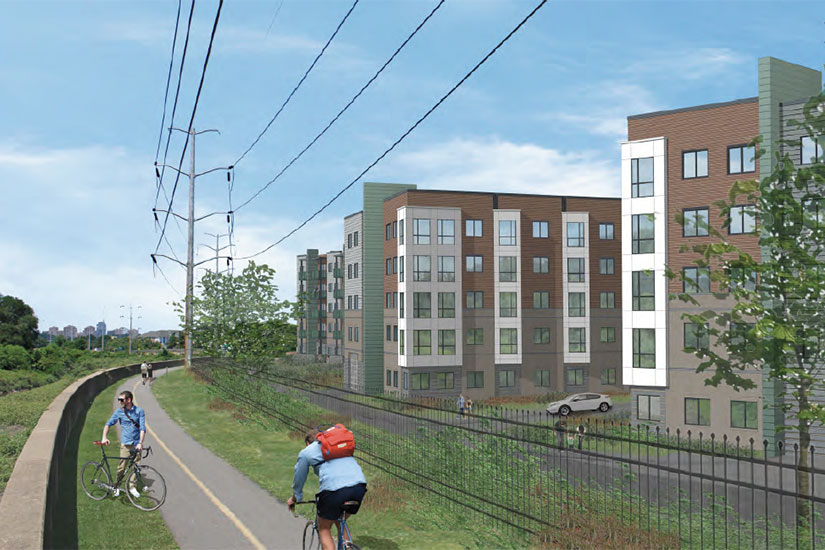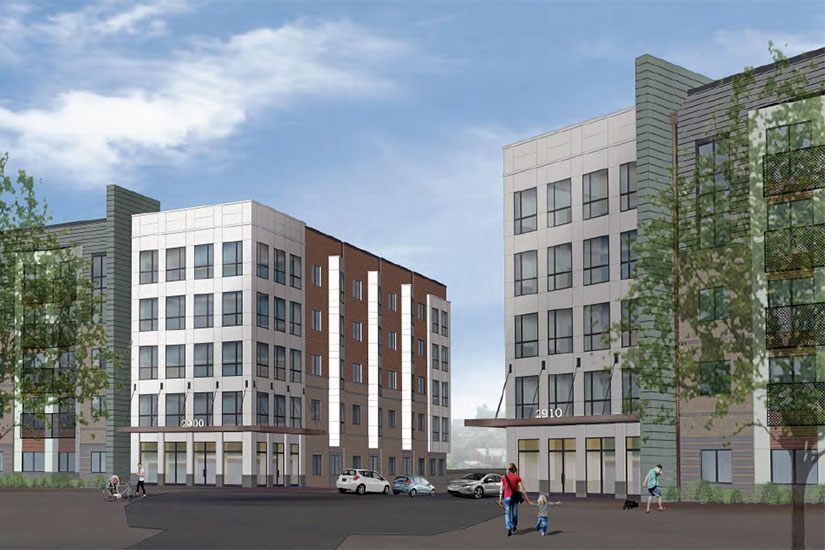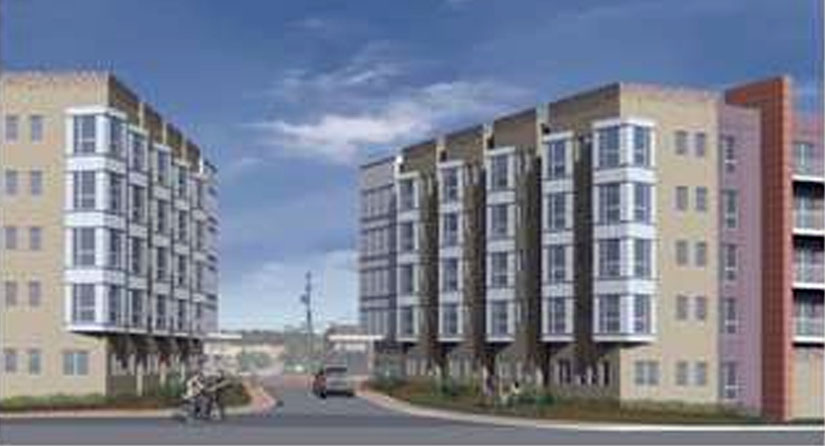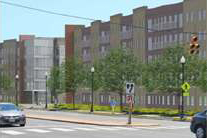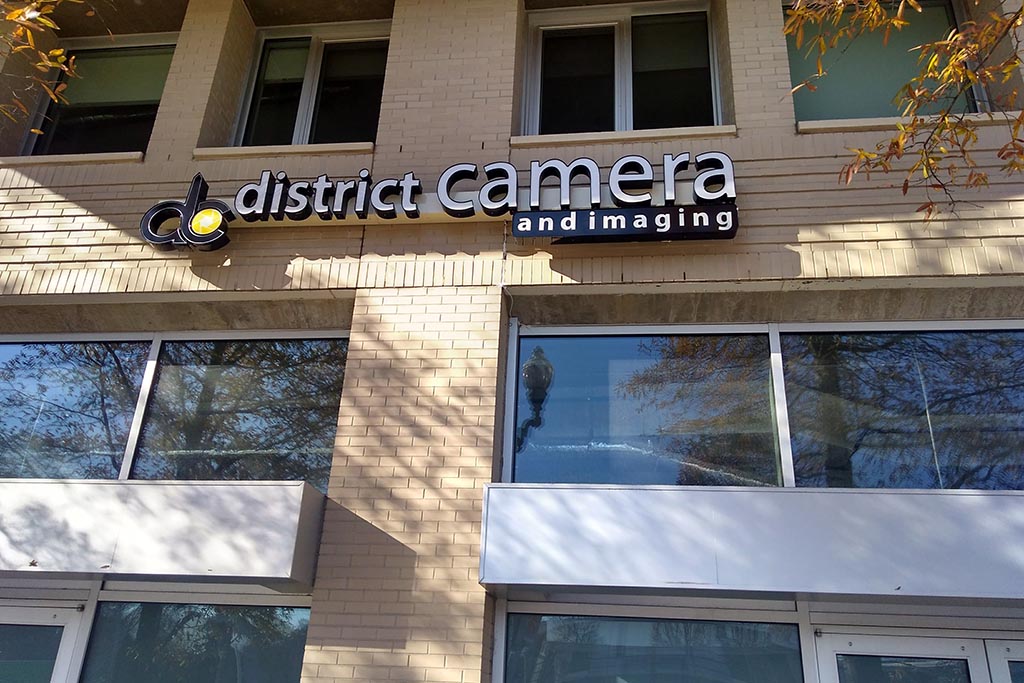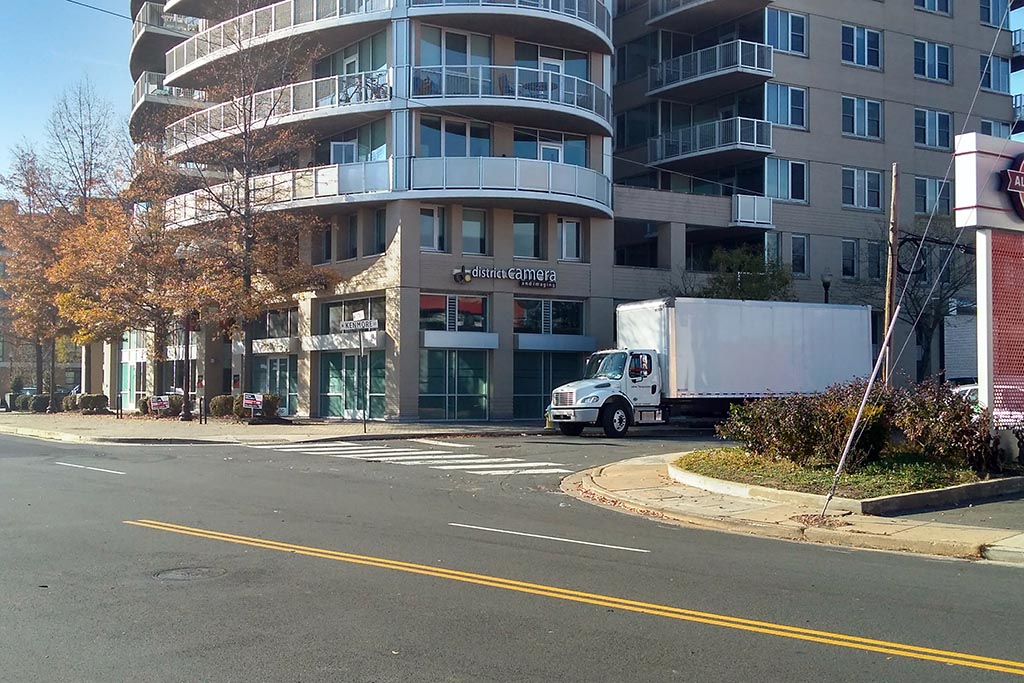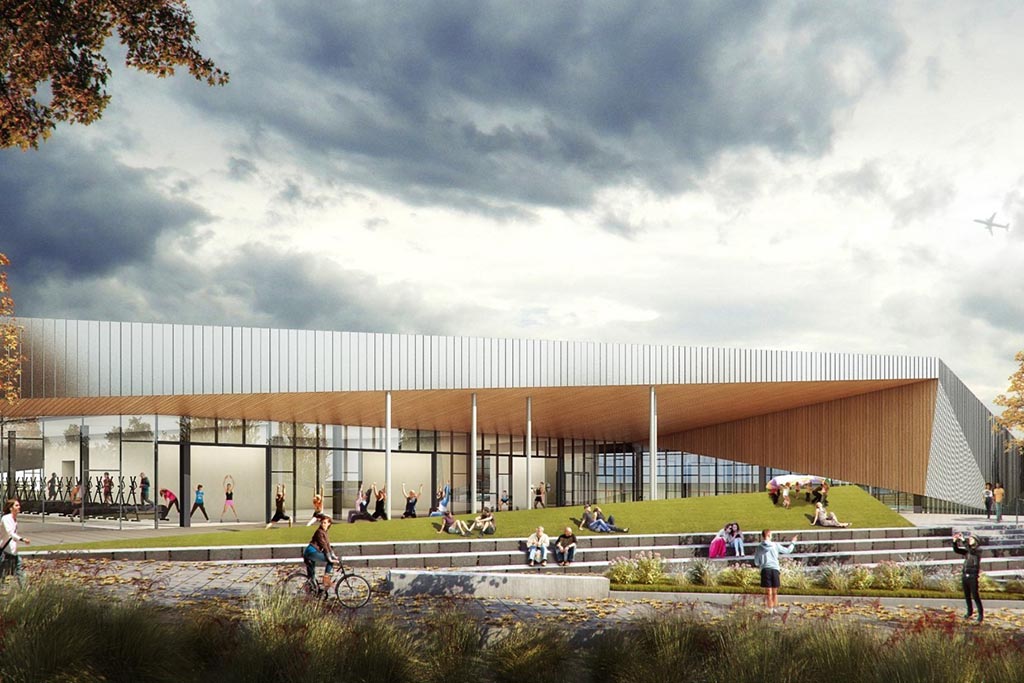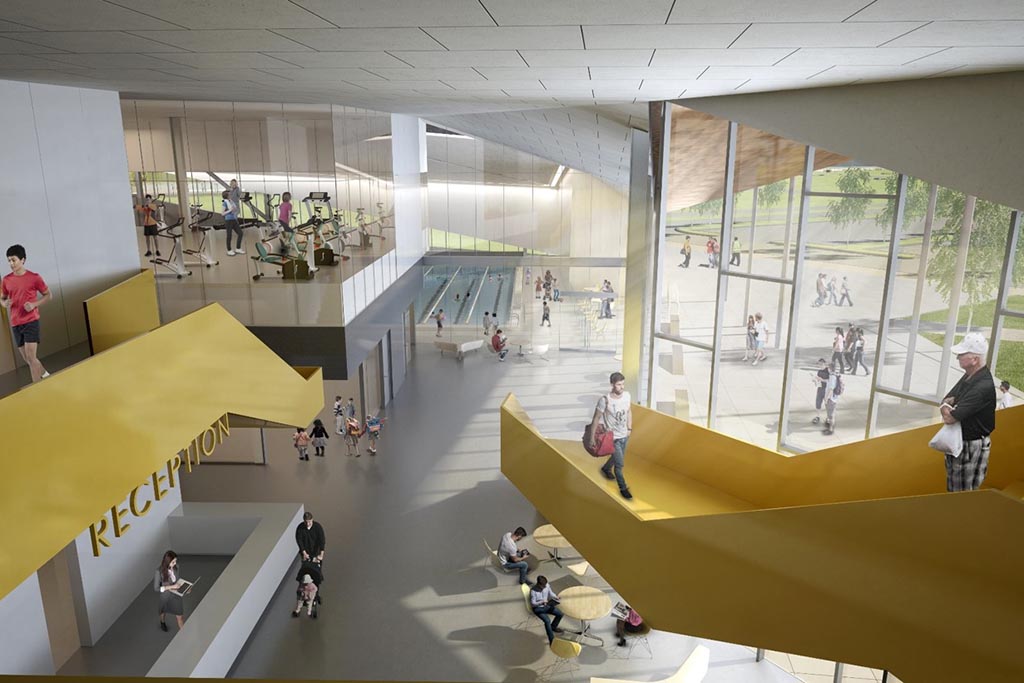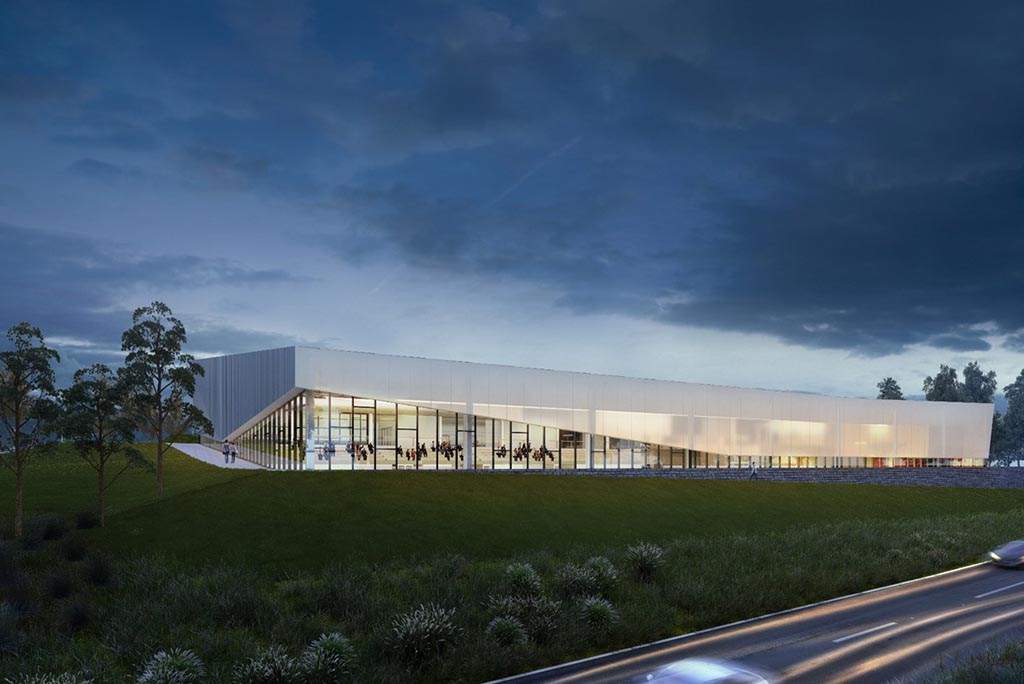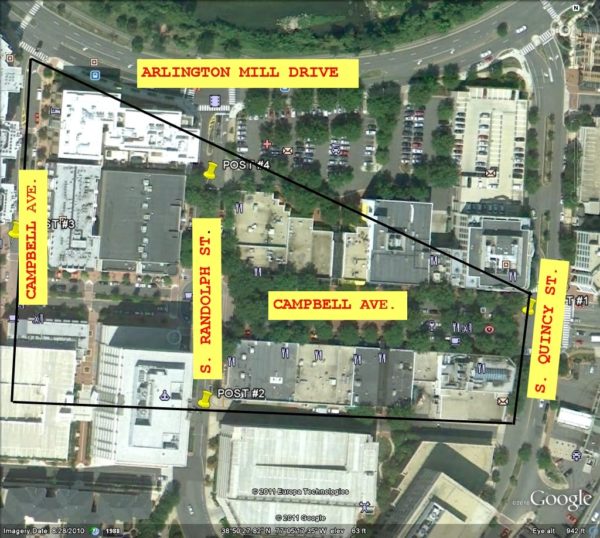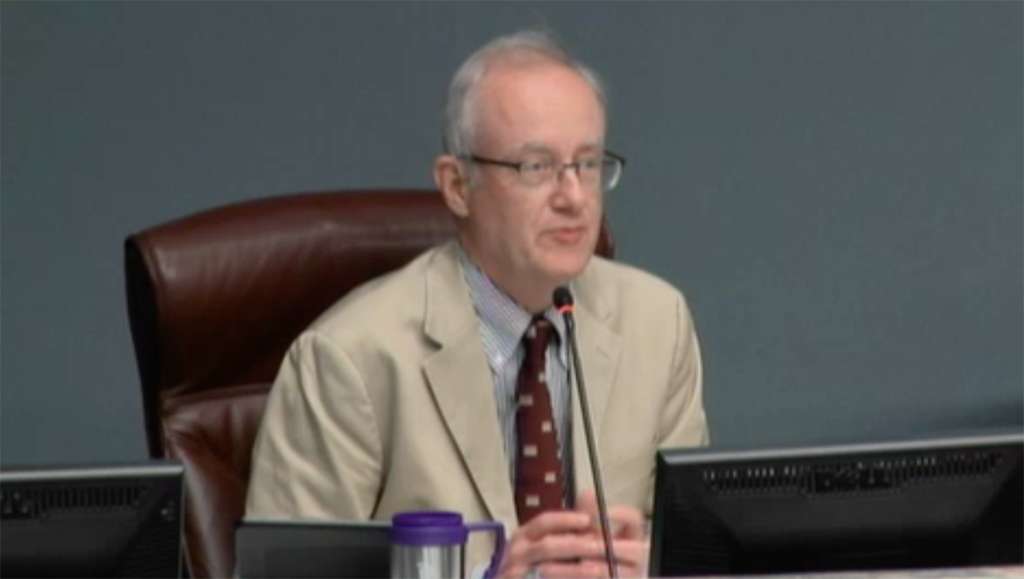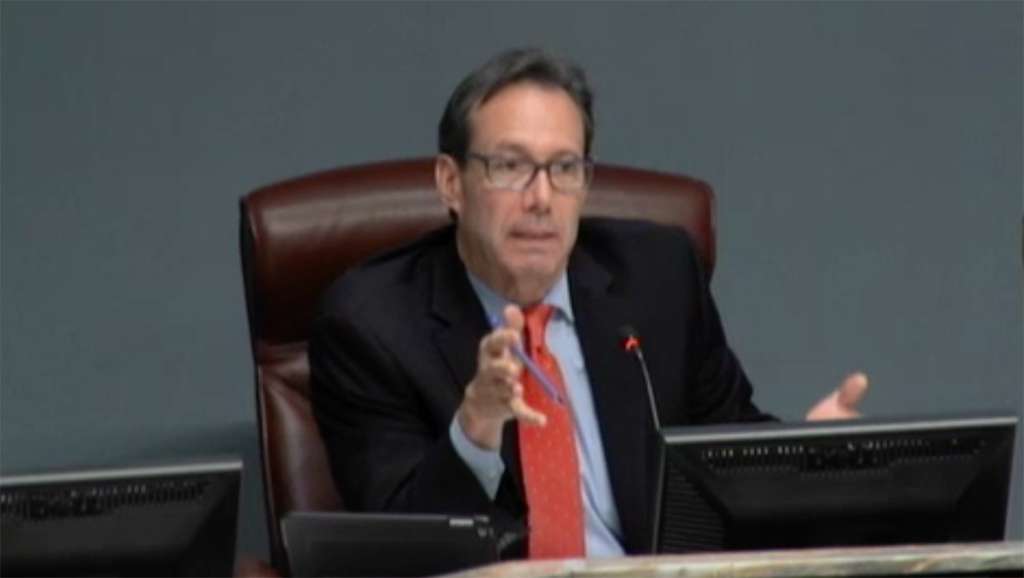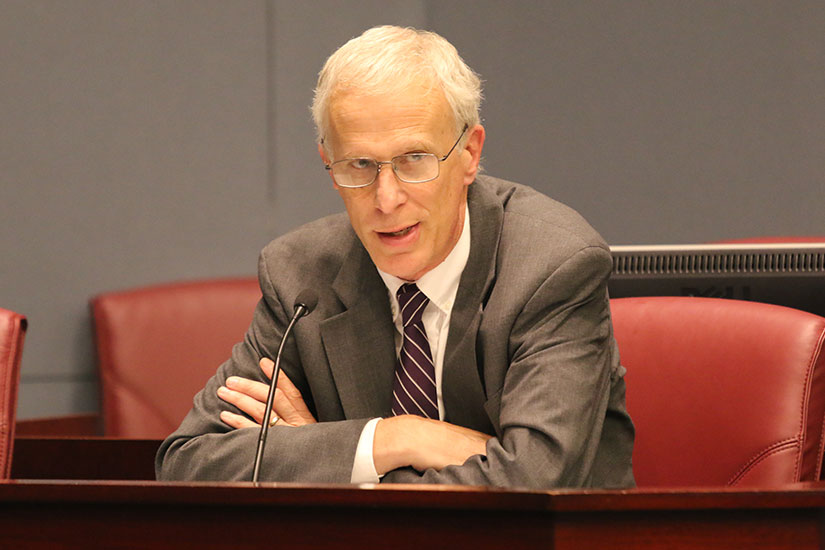(Updated at 11 a.m.) The chairs of the Park and Rec and Sports Commissions have criticized the Four Mile Run Valley Working Group for focusing on a planned arts district, comparing it to the push that led to the creation of the since-closed Artisphere.
In a letter to working group chair Charles Monfort, Caroline Haynes and Shirley Brothwell said they are “disappointed” to realize the working group’s outcomes “may not be as transformative as they could have been.”
The pair specifically critiqued the group’s key focus on a two-block area west of S. Nelson Street near Jennie Dean Park, which has been suggested as the location for a new arts district. Some group members wish to repurpose the properties as an arts district, which could include traditional arts activities like painting and sculpting, among others, as well as businesses to build up nightlife nearby.
That plan has already come under scrutiny from working group members and others in the community, and they said that more planning may be needed if this continues.
“Because of these issues, we believe the 4MRVWG runs a very real risk of missing the target altogether and doing a disservice to the County Board and residents,” Haynes and Brothwell wrote. “The Board may get a clear vision of what some members of the working group prefer for a tiny portion of the study area, but constituencies in the surrounding neighborhoods and in the parks, recreation, and sports communities already have challenged and rejected that vision.”
Instead, the pair urged any land acquired in that area be used to expand Jennie Dean Park — especially if purchased with bond funds intended for parkland acquisition — and that the group develop more specific information about how arts are supported in the county.
“When bond funds voted on by Arlington taxpayers and designated for park land acquisition have been redirected toward arts purposes in the past, the results have not been positive; specifically, $4 million of such funds were redirected to build out the Artisphere,” the letter said. “We note that the arts were pulled out from [the parks department] after it became apparent that the Artisphere was financially unsustainable.”
“It remains unclear how the proposed arts hub would be financed or managed over time to become self-sustaining,” said the letter writers. “We do not want to repeat a costly mistake.”
Photo No. 2 via Google Maps.


